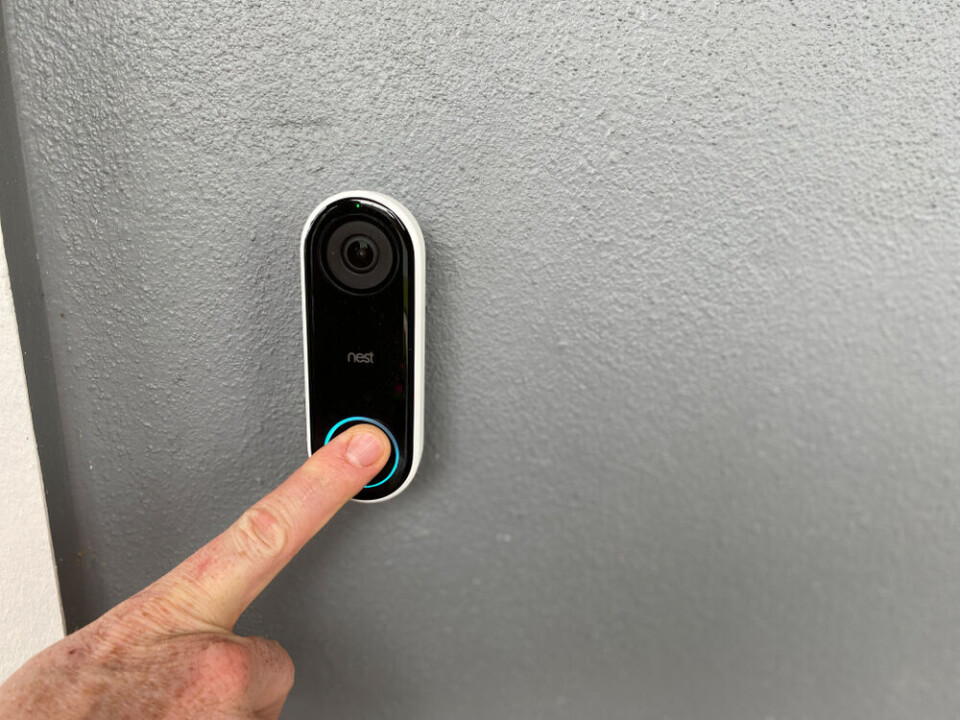-
What are penalties for not conforming with new septic tank request?
Some financial aid is available for homeowners needing to install new tanks
-
Are second homes in France a good investment?
Investment picture is variable depending on geographical location
-
See what €50,000, €200,000 and over €500,000 buys in Seine-Maritime
Towns and villages have distinct Norman French architecture
Are video doorbells legal in France?
The positioning and the scope of a camera is important

Reader Question: Can I install a video doorbell at my home in France? What does the law say about these devices?
Smart doorbells that let residents take photos, videos, and let homeowners speak to visitors via smartphone are becoming increasingly common.
In some cases worldwide, footage from such doorbells has been used as evidence in case of a security alert or criminal damage.
Despite their potential usefulness, however, the doorbells can be deemed illegal, if they record videos of any areas that are considered to be part of the ‘public highway’.
In France, doorbells that take videos of any areas outside of the user’s own property, or which infringe the privacy of others, are illegal.
Video devices are only allowed if they cannot ‘see’ any public areas outside of the owner’s limited property boundaries.
French law - as part of the Code de la sécurité intérieure - states that only public authorities are authorised to film the public highway, for reasons such as the prevention of terrorism, the good circulation of traffic, national defence, public security, and anti-crime measures.
For the purposes of individuals and private companies, the public highway is defined as anywhere that is not part of your own immediate property.
Private individuals are not authorised to record videos that show any areas outside of their property, nor any areas that are part of the property but which are shared, for example, a joint driveway or backstreet lane.
This includes videos that would be considered to breach a neighbour’s privacy, including filming their front door, land, inside of their property, or their children.
This applies even if the user only has the smart doorbell for their own use - for example, to ensure the safety of their vehicle parked on the street in front of their home.
Photos allowed in some cases
However, devices that take photos are allowed, with some conditions.
Interior Minister Gérald Darmanin said: “The ban on private individuals making visual recordings using a videophone associated with a doorbell does not apply to a device that only takes photographs.”
However, even devices that take photos must be “deployed with respect for the right to an image, which constitutes respect for private life, enshrined in article 9 of the Civil Code”, he added.
For this reason, photographs taken may not be reproduced or distributed publicly, without the express consent of the person (or their legal guardian) photographed.
What if a neighbour’s camera shows my French property?
Complaints to the Cnil (Commission nationale de l'informatique et des libertés) about these cameras have increased in recent years. In 2021, there were 250 complaints.
If you believe that your neighbour has installed a camera which is intrusive and an infringement of your privacy you can lodge a free complaint with the Cnil by post or online.
The neighbour should receive a letter from the Cnil reminding them of the law within about 10 days.
Contacting the Cnil does not constitute a criminal complaint. If it does not resolve the issue you can refer the matter to a local justice councillor (conciliateur de justice) to try and find an amicable solution.
Read more: How you must try to resolve neighbour disputes amicably in France
If no amicable solution is found, and the matter is taken to court with the neighbours found in infringement of your rights, the judge can order the removal of the cameras in question, instruct the payment of compensation and issue fines.
In one recent case a couple admitted that they had installed a camera on their roof, but claimed that it was fake, and only intended to deter burglars. The court dismissed their argument, stating that their neighbours had no way of knowing if the camera was fake (or would be replaced by a real one later).
They were ordered to remove the camera, pay €50 per day until it was removed, pay court costs and €500 compensation to their neighbours.
Related articles
Where are homes most at risk of burglary in France?
Is it practical to install security cameras in my French second home?
























